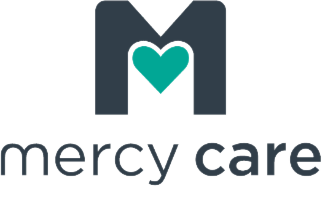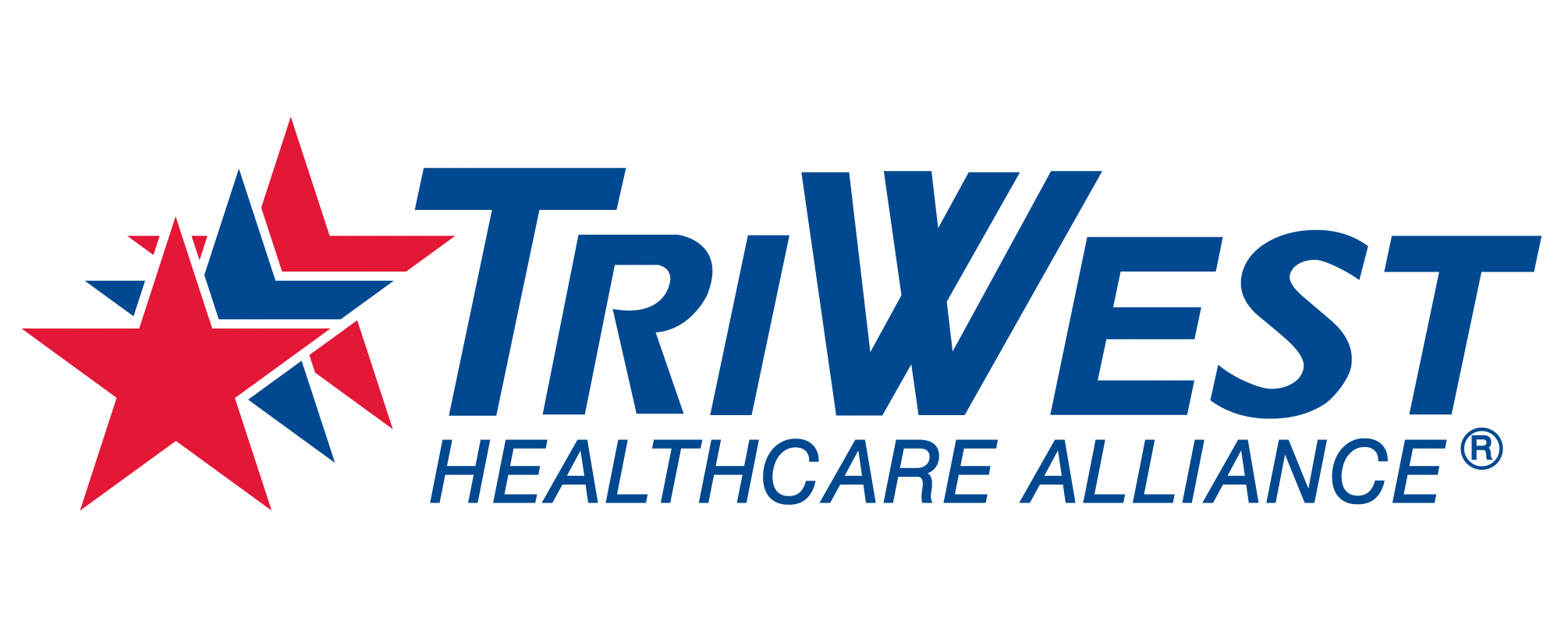Prescription drug abuse is affecting the lives of millions of Americans and the problem continues to rise. According to the National Study on Drug Use and Health, 1 in 10 Americans, over 28 million of us, have engaged in illicit drug use.
If someone you love has an addiction problem, you know that it affects the whole family. Staging an intervention can be an important step in helping someone make the right steps toward recovery.
Knowing how to hold an intervention is crucial before you confront your loved one. The following tips can help you better understand how to stage an intervention for someone with an addiction:
Carefully Choose Your Intervention Team
A successful intervention begins with choosing a team. This team often includes close family members and friends who love the addicted person and want to see them get help and overcome their struggles. Choose people with whom the addicted person has a meaningful relationship so that their input will be taken to heart.
An intervention is not the time to air family grievances, mend relationships, or have disagreements. Create a group that has a good relationship with the addicted person so that positive feelings can be present during your meeting.
Consider hiring an interventionist to help you know how to hold an intervention. They can help you put your team together and direct your plan for intervening so that you have the best chance at success. The whole family needs to be on board to encourage the addicted person. With a supportive team in their corner, the addicted person stands a better chance at long-term success.
How To Hold An Intervention: Pick The Right Time To Meet
Timing is essential for a successful intervention to occur. Choose a time when your loved one is sober, or as sober as possible, before moving forward. You won’t get very far if you try to intervene while your loved one is high and their ability to reason is impaired.
If your loved one has recently been involved in a drug-related accident, they might be more receptive to an intervention. Many addicted people are more willing to discuss addiction recovery after they’ve experienced serious consequences as a result of their drug or alcohol use.
Choose The Proper Meeting Place
You want your loved one to feel comfortable during an intervention meeting, but not too comfortable. Avoid having the intervention in the family home where they can run off to the bathroom or bedroom and lock the door before the conversation has really started.
Finding a neutral, formal spot, free from any bad memories or associations, is the best choice. Make some calls to your local churches or community centers to see if you can hold an intervention there.
Practice What You’ll Say
During an intervention, tensions and emotions can run high and it can be easy to get distracted. This is why it’s a good idea to have an intervention rehearsal ahead of time. Doing so will help everyone stay on track with what they want to say and how they want to say it. People are better able to stand behind their statements if they’ve had the opportunity to practice them.
Decide how many rehearsals are necessary to give everyone in the group the chance to share their voice. Rehearsing together will increase the chances that the intervention will go as planned and that your loved one will be responsive to everyone’s pleas.
If there are members of the group who can’t commit to the rehearsals or don’t seem bothered to attend, you might want to reconsider having them as part of the intervention group.
Don’t Stray From The Script
All members who agree to be part of the intervention group should spend time writing and rehearsing what they want to say during the intervention. Every thought they want to share should be carefully considered, revised as needed, and polished.
Once the intervention begins, avoid the temptation to add to your script or adlib. After the group has practiced together, adding an element of surprise to the script last minute can throw everyone else in the group off.
Be Careful To Keep Tempers Under Control
It can be difficult to remain patient and calm when tensions are high, especially if your loved one becomes angry or tries to avoid the confrontation of the intervention. Resist the temptation to get angry. Try to remember that your loved one is dealing with a unique challenge and show compassion and kindness.
Negative confrontation will yield negative results. All members of the intervention party should be on the same page as far as maintaining a level head and the desire to help the addicted person.
Pick Your Intervention Order
Deciding the order of speakers is crucial. You want to have the right person speak at the right time. The goal is to get the person to agree to enter into addiction treatment, so the intervention ends as soon as they agree to do so. In some situations, when the right person speaks first, there can be an immediate agreement to enter rehabilitation.
If, for example, the addicted person has a strong relationship with their best friend and their best friend starts the intervention, it can make a big impact.
On the other hand, if the addicted person has heard a lot of pleading (or in their mind, nagging) from a family member or friend for awhile regarding their addiction, they might be more receptive to hearing from a respected colleague or advisor. Consider these issues before deciding who will speak and when.
Practice Using Open Body Language
The manner in which you express your concerns will have an impact on your loved one. As you deliver your thoughts, use engaging, open body language. This includes tilting the shoulders toward the person, keeping your legs and arms uncrossed, and maintaining focused eye contact.
Avoid clenching your fists, crossing your arms and legs, or leaning away defensively.
Find A Reputable Treatment Center
Once you’ve applied all these tips toward learning how to hold an intervention and your loved one has agreed to seek treatment, it’s time to turn things over to a trusted treatment center for the next steps toward recovery.
We use a medication-assisted treatment method for helping our patients overcome the addictions that plague their lives. You can read more about our treatment on our website or by contacting us for more information. We are here to help your loved one beat their addiction and enjoy long-term, lasting success.







